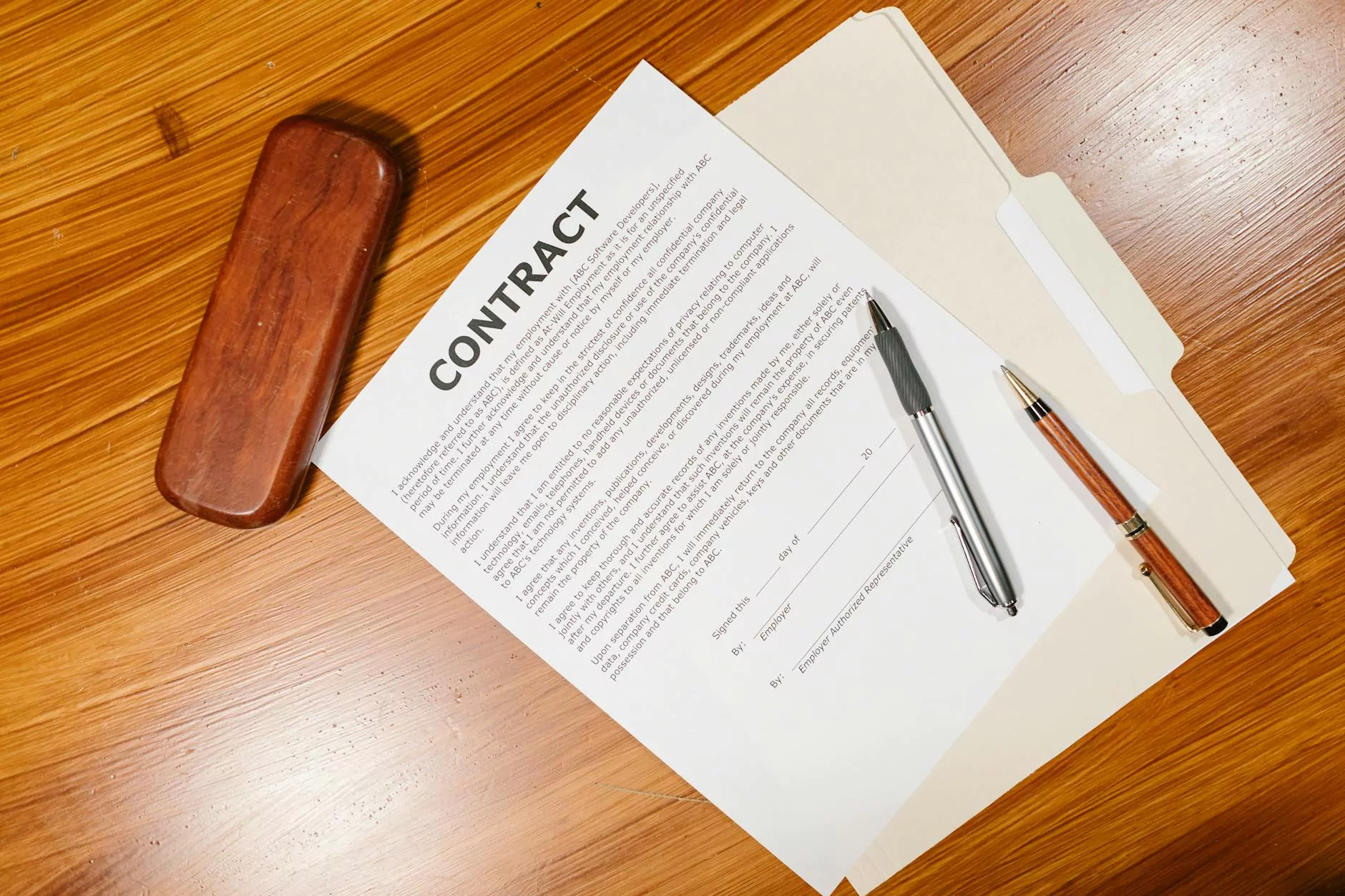How should you respond to a supplier's breach of contract?
Breach of Contract
As a business operating in the complex world of real estate, it's essential to have reliable suppliers who uphold their contractual obligations. However, there may be instances when a supplier fails to meet these expectations, resulting in a breach of contract. At KLA Signing Service, we understand the challenges that arise from such situations and are dedicated to guiding our clients through a successful response.
Understanding the breach of contract
A breach of contract occurs when one party fails to fulfill their contractual obligations, whether partially or entirely. This breach can manifest in various ways, such as a failure to deliver goods on time, providing substandard services, or violating agreed-upon terms and conditions. When faced with a supplier's breach of contract, it's crucial to take a strategic approach to protect your business interests.
Assessing the impact on your business
The first step in responding to a supplier's breach of contract is to assess the impact it has on your business operations. Evaluate the extent to which the breach affects your ability to deliver products or services to your clients. Consider the financial implications, potential reputational damage, and any additional costs incurred due to the supplier's failure to perform.
Reviewing the contract terms
Before proceeding with any action, thoroughly review the terms and conditions outlined in the contract between your business and the supplier. Look for specific provisions related to breaches of contract, remedies, and dispute resolution mechanisms. Understanding your rights, obligations, and available remedies can help you make informed decisions moving forward.
Open communication and negotiation
Keeping the lines of communication open with the supplier is crucial when responding to a breach of contract. Initiate a conversation to address the issue and express your concerns. Clearly articulate the areas of non-compliance and outline your expectations for a resolution. Engaging in negotiation can often lead to mutually beneficial outcomes and may contribute to preserving long-term business relationships.
Seeking legal advice
In more complex breach of contract cases or instances where negotiations fail to yield satisfactory results, seeking legal advice becomes necessary. Consult a reputable attorney who specializes in contract law to navigate the legal terrain and assess the viability of legal action. Your attorney can help you understand the potential legal remedies available and strategize the best course of action moving forward.
Documenting the breach and its consequences
Throughout the process, it's crucial to maintain detailed documentation of the breach and its consequences. Record any relevant communication, including emails, letters, or agreements made during negotiations. Gathering evidence of the breach will strengthen your position should you need to pursue legal action or leverage the breach in a settlement negotiation.
Exploring alternative suppliers
When faced with a supplier's breach of contract, it's essential to explore alternative options to mitigate the impact on your business. Research and identify potential alternative suppliers who can fulfill your needs promptly and reliably. Having backup suppliers ready to step in can not only protect your clients' interests but also ensure continuity in your operations.
Conclusion
Responding to a supplier's breach of contract requires careful consideration and proactive steps to protect your business interests. Be diligent in understanding the contractual terms, communicate openly with the supplier, and seek legal advice when necessary. By following a strategic approach, like the one employed by KLA Signing Service, you can minimize disruptions, safeguard your reputation, and secure the best outcomes for your business.




